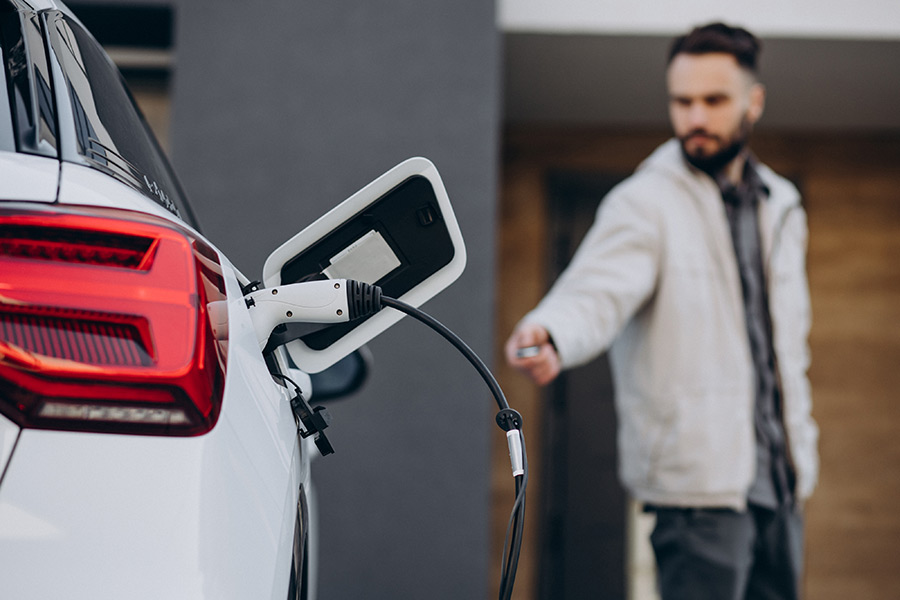
As electric vehicles (EVs) become increasingly popular, many homeowners are considering the addition of an EV charger to their homes. Making the switch to an electric vehicle is not only Eco-friendly but also cost-effective in the long run. However, before you dive into the world of electric mobility, there are several key considerations, expectations, and estimated costs you should be aware of when adding an EV charger to your home.
Assessment and Compatibility
Before adding an electric vehicle charger, you need to determine the compatibility of your electrical system. EV chargers typically require a 240-volt circuit, which may necessitate an electrical panel upgrade. A licensed electrician can help you assess your home’s electrical capacity and make any necessary adjustments.
Permitting and Regulations
Installing an EV charger may require permits and compliance with local building codes and regulations. It’s essential to research and understand the specific requirements in your area to ensure a smooth installation process. Failure to comply with regulations could lead to fines or complications down the road.
Charging Speed and Type
Homeowners should choose the type of EV charger that suits their needs. Level 1 chargers use a standard 120-volt outlet and provide a slower charge, while Level 2 chargers, with their 240-volt connections, offer faster charging times. Assess your daily driving habits and select the charger that matches your needs.
Location and Installation
The placement of your EV charger is critical. It should be installed in a convenient location, ideally near where you park your vehicle. Proper installation is crucial for safety and efficiency, so hiring a qualified electrician is recommended. Additionally, consider whether you want a wall-mounted unit or a pedestal-style charger.
Costs and Incentives
Adding an electric vehicle charger to your home comes with expenses beyond the purchase of the charger itself. Installation costs, electrical upgrades, and permitting fees can add up. On average, the total cost can range from approximately $1,000 to $4,000 or more, depending on your specific circumstances.
Charging Time
Charging an electric vehicle is not an instant process. Level 1 chargers may take several hours to charge fully, while Level 2 chargers can significantly reduce charging time. Plan your charging schedule accordingly, especially if you have a long commute or frequently use your EV for extended trips.
Electricity Consumption
Adding an EV charger will increase your electricity consumption. It’s essential to factor in the additional electricity costs when budgeting for your EV. You may need to adjust your energy plan with your utility company or consider switching to a time-of-use rate to save on charging costs.
Maintenance and Warranty
Like any other appliance, EV chargers require maintenance and may encounter issues over time. Be sure to choose a charger with a good warranty and maintenance plan to avoid unexpected repair costs.
Network and Connectivity
Some EV chargers come with smart features and connectivity options that allow you to monitor and control your charging remotely. Consider whether these features are essential to you and choose a charger accordingly.
Future Expansion
Anticipate your future needs when adding an EV charger. If you plan to add more electric vehicles to your household or expect longer commutes, you may want to install a charger with multiple ports or higher capacity.




